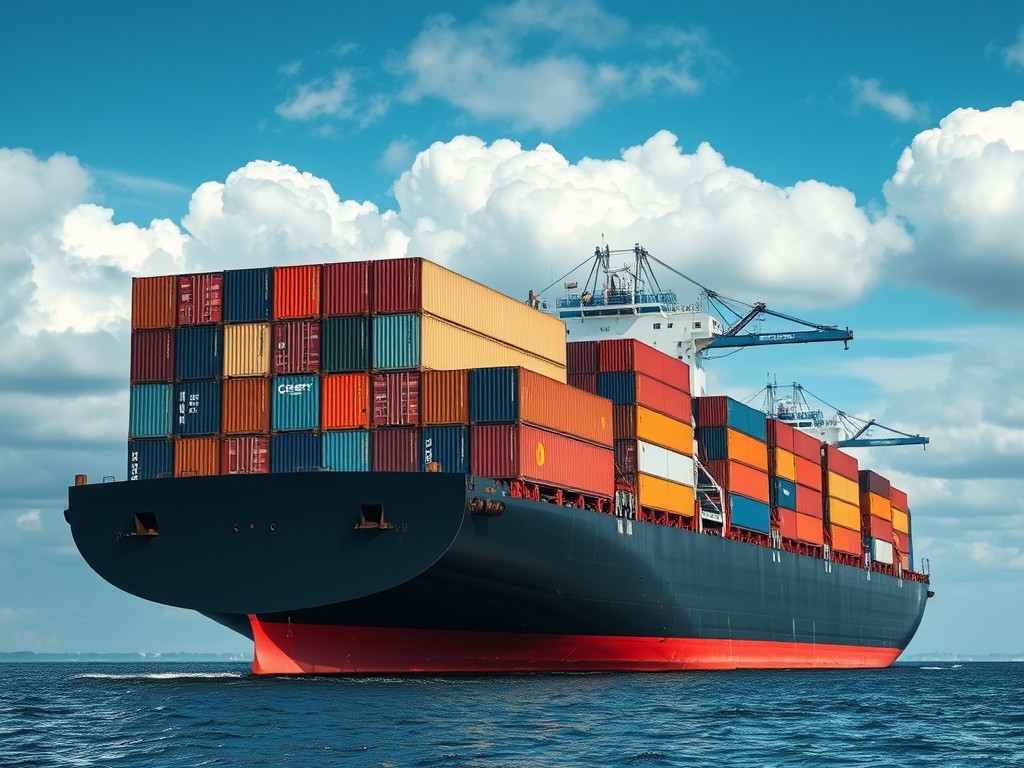On Monday, a significant disruption occurred in Canada’s supply chain as over 700 foremen at ports across British Columbia were locked out by their employers. This decision by the B.C. Maritime Employers Association (BCMEA) came in response to a strike notice issued by the International Longshore and Warehouse Union (ILWU) Local 514, which had planned limited job actions due to ongoing contract disputes. The ramifications of this lockout are profound, particularly as the country approaches the crucial holiday season when timely imports are essential.
Current State of Trade in Canada
The closure of B.C. ports is particularly concerning given that these facilities serve as Canada’s primary gateway for maritime trade. As Pascal Chan, senior director of transportation at the Canadian Chamber of Commerce, stated, “Our West Coast ports handle $800 million worth of cargo every single day.” This accounts for approximately 25% of the goods flowing through the country. With a partial closure already impacting two terminals at the Port of Montreal, the potential for further shipping backlogs looms ominously.
The lockout, which does not affect grain or cruise operations, was described by the BCMEA as a “difficult decision.” However, the ILWU accused the employers of “acting recklessly,” arguing that their planned actions—a ban on overtime and a refusal to implement technological changes—were a measured response to ongoing negotiations.
Consequences for Businesses and Consumers
When major ports are impacted, the immediate effect is often a backlog of ships that cannot unload their goods. Ships carrying perishable items may end up anchored outside the port, while others are rerouted to U.S. ports, leading to increased costs for Canadian businesses. Freight rates have already surged due to a variety of global factors, including previous disruptions in the Suez Canal and adverse weather conditions affecting shipping routes.
According to Fraser Johnson, a professor at the Ivey Business School, “For every day that the port is shut down, it takes a week to be able to recover.” The implications are extensive: everything from holiday retail goods to critical exports like lumber and coal is at risk. While immediate shortages might not be apparent, prolonged disruptions could result in significant price increases and reduced availability for consumers.
The Broader Economic Landscape
As small- and medium-sized businesses are often less equipped to absorb the shock of shipping delays, they may feel the impact first. Christina Santini from the Canadian Federation of Independent Business highlights that distributors unable to fulfill contracts could face penalties, further straining their operations. In 2023, a previous strike at B.C. ports led to a 23% drop in exports, illustrating the tangible economic consequences of such labor disputes.
Moreover, specific industries, such as fertilizer production, have already warned that the lockout could lead to staggering losses. Fertilizer Canada stated that the shutdown would cost their industry $9.7 million per day in lost sales revenue, emphasizing the broader economic stakes at play.
The Role of Government and Future Outlook
Labour Minister Steven MacKinnon has indicated that federal mediators are available to assist both parties, stressing the urgency of reaching an agreement. As Canada has faced a series of supply chain disruptions in recent months, including rail strikes and grain terminal closures, there is growing concern about the nation’s reputation as a reliable trading partner.
Hossein Piri, an assistant professor at the University of Calgary, warns that ongoing labor disputes could damage Canada’s standing in international trade, a situation that would be difficult to rectify.
Conclusion
The lockout of foremen at B.C. ports is a critical moment for Canada’s supply chain, with far-reaching consequences for businesses, consumers, and the economy as a whole. As negotiations continue, the hope is that a resolution can be reached quickly, minimizing disruptions and maintaining Canada’s reputation as a stable partner in global trade. The coming weeks will be crucial in determining how this situation unfolds and its lasting impact on the Canadian economy.













Leave a Reply